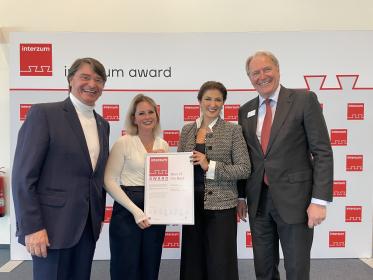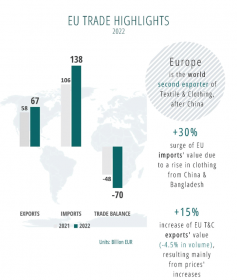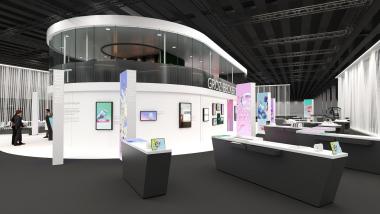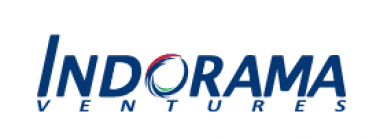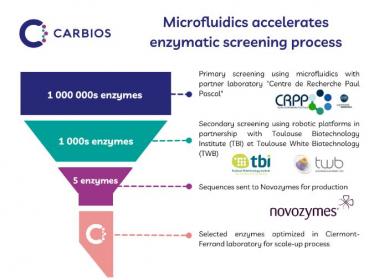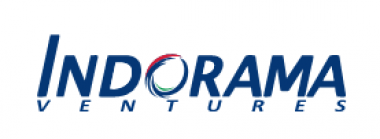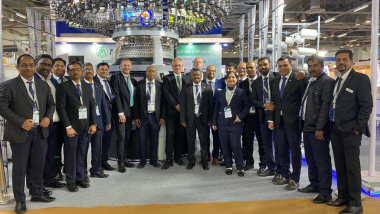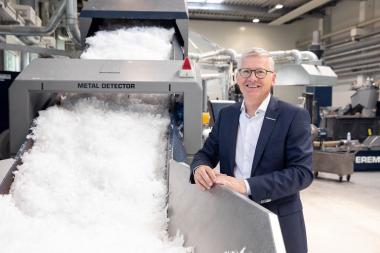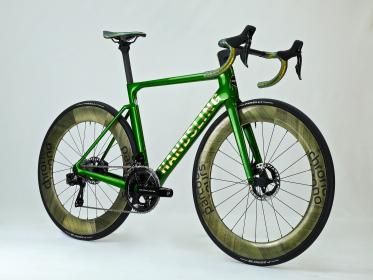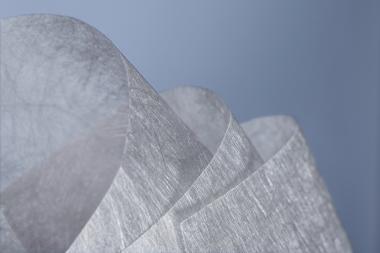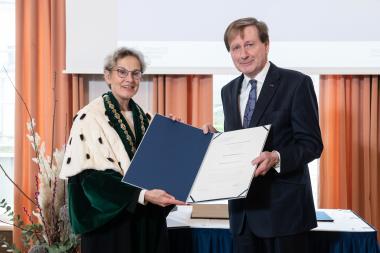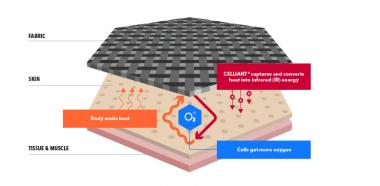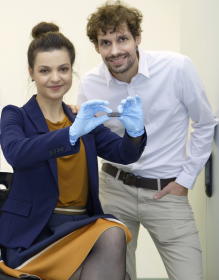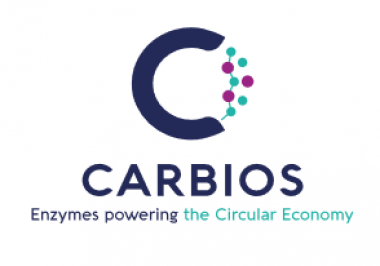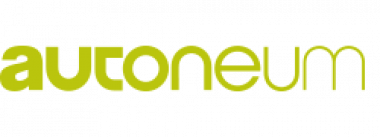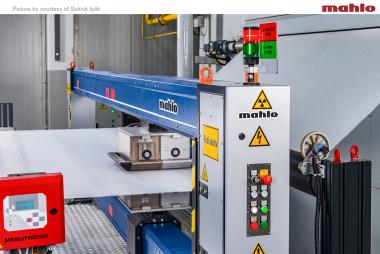BekaertDeslee's Purotex+ with HeiQ Allergen Tech wins Interzum Award
HeiQ announces that its HeiQ Allergen* Tech has powered the award-winning product, Purotex+ from BekaertDeslee. The innovative solution for mattress ticking won the Interzum Award in the category "High Product Quality", being one of the six prizes given to BekaertDeslee.
Purotex+ powered by HeiQ Allergen* Tech is a solution for reducing exposure to allergens in bedding. The technology uses active probiotics to reduce exposure to allergens, including house dust mite matter, and pet allergens. HeiQ Allergen* Tech has received the Seal of Approval by Allergy UK, and independent testing has shown that it reduces exposure to inanimate allergens by up to 96.6%, making it a highly effective solution for allergy sufferers.
The Interzum Award recognizes exceptional design and innovation in the furniture production industry. Purotex+ was selected for the award from a field of 280 submissions from 25 countries. The jury praised the product's design, innovative features, and its contribution to improving the quality of life for people with allergies.
*Inanimate allergens such as house dust mite matter & pet allergens.
HeiQ


